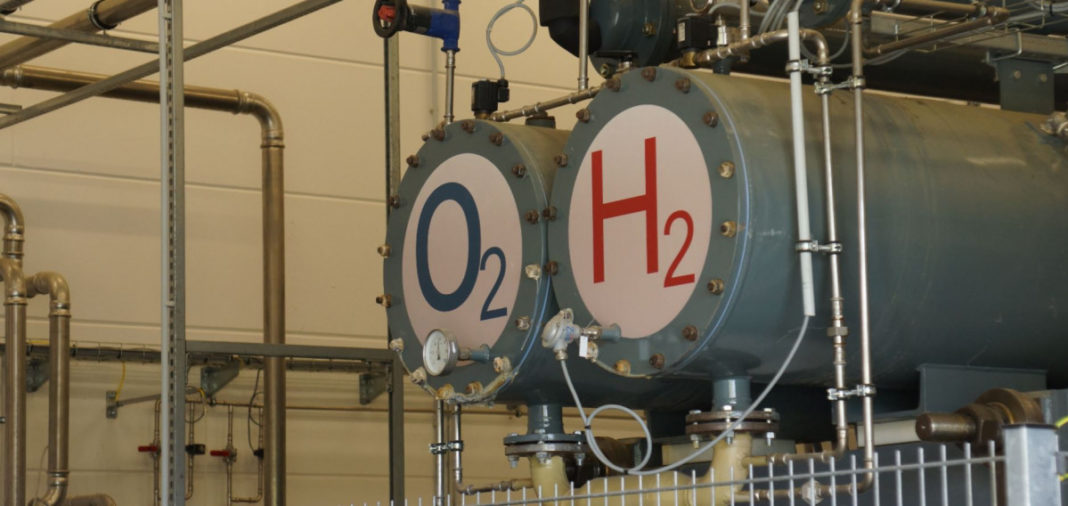In the fight against climate change, hydrogen made with renewable electricity is increasingly seen as a silver bullet for sectors with particularly stubborn emissions, such as heavy industry and aviation. As a result, the emission-free gas has become a big energy-policy talking point in a growing number of countries. As one of the key drivers behind a pan-European effort, Germany has set out to become a global leader in “tomorrow’s oil” by beating Asian countries – not only to launch the next stages of its landmark energy transition, but also to secure a promising growth market for its internationally reputed industry. The country will flesh out its ambitions in a highly anticipated National Hydrogen Strategy expected in the coming weeks, which might become part of a “green stimulus” programme to restart the economy after the coronavirus crisis. Central questions remain unanswered: How much green hydrogen should Germany aim to produce? Should it support hydrogen produced with controversial carbon capture and storage (CCS) for a transitional period?
A rapidly growing number of countries striving for climate-neutrality have placed large bets on hydrogen made with renewable electricity to reduce emissions in industries where it is most difficult. But producing the extremely energy-rich gas requires huge amounts of electricity, making it more expensive than conventional fuels. This is why decisive government action is needed to kick-start an international “hydrogen economy”. But, despite the high hopes of many, experts warn that hydrogen is not a cure-all in the fight against climate change, and call for doubling down on other steps to slash emissions. “There is no doubt that we will need renewable hydrogen on a large scale if we want to decarbonise the economy properly. But there are disagreements over the details – for example, where it should be used, and whether to include ‘blue’ hydrogen made with carbon capture and storage (CCS) ,” Felix Heilmann, researcher at climate think tank E3G , told Clean Energy Wire. A lion’s share of […]
Click here to view original web page at www.cleanenergywire.org

